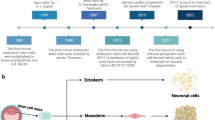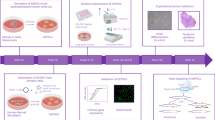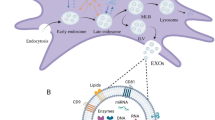Abstract
Stem cells can be derived from the embryo (embryonic stem cells, ESCs), from adult tissues (adult stem cells, ASCs), and by induction of fibroblasts (induced pluripotent stem cells, iPSs). Ethical problems, immunological rejection, and difficulties in obtaining human tissues limit the use of ESCs in clinical medicine. Induced pluripotent stem cells are difficult to maintain in vitro and carry a greater risk of tumor formation. Furthermore, the complexity of maintenance and propagation is especially difficult in the clinic. Adult stem cells can be isolated from several adult tissues and present the possibility of self-transplantation for the clinical treatment of a variety of human diseases. Recently, several ASCs have been successfully isolated and cultured in vitro, including hematopoietic stem cells (HSCs) , mesenchymal stem cells (MSCs), epidermis stem cells, neural stem cells (NSCs), adipose-derived stem cells (ADSCs), islet stem cells, and germ line stem cells. Human mesenchymal stem cells originate mainly from bone marrow, cord blood, and placenta, but epidermis-derived MSCs have not yet been isolated. We isolated small spindle-shaped cells with strong proliferative potential during the culture of human epidermis cells and designed a medium to isolate and propagate these cells. They resembled MSCs morphologically and demonstrated pluripotency in vivo; thus, we defined these cells as human epidermis-derived mesenchymal stem cell-like pluripotent cells (hEMSCPCs). These hEMSCPCs present a possible new cell resource for tissue engineering and regenerative medicine.
Similar content being viewed by others
Article PDF
Author information
Authors and Affiliations
Corresponding authors
Rights and permissions
About this article
Cite this article
Huang, B., Li, K., Yu, J. et al. Generation of Human Epidermis-Derived Mesenchymal Stem Cell-like Pluripotent Cells and their reprogramming in mouse chimeras. Nat Prec (2011). https://doi.org/10.1038/npre.2011.6016.1
Received:
Accepted:
Published:
DOI: https://doi.org/10.1038/npre.2011.6016.1



